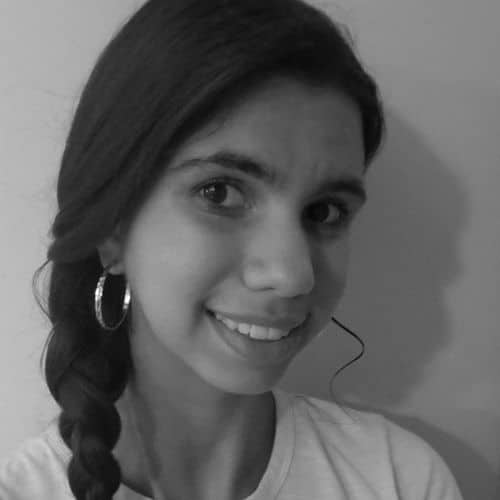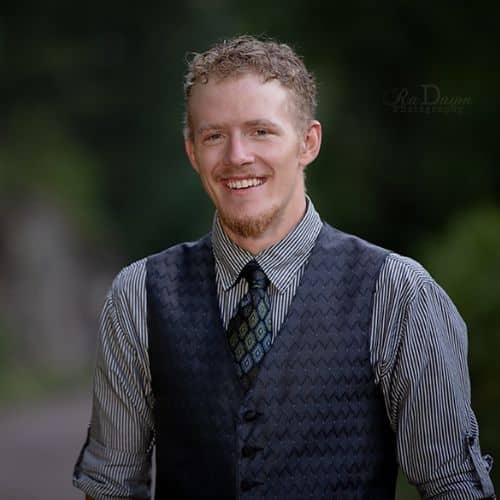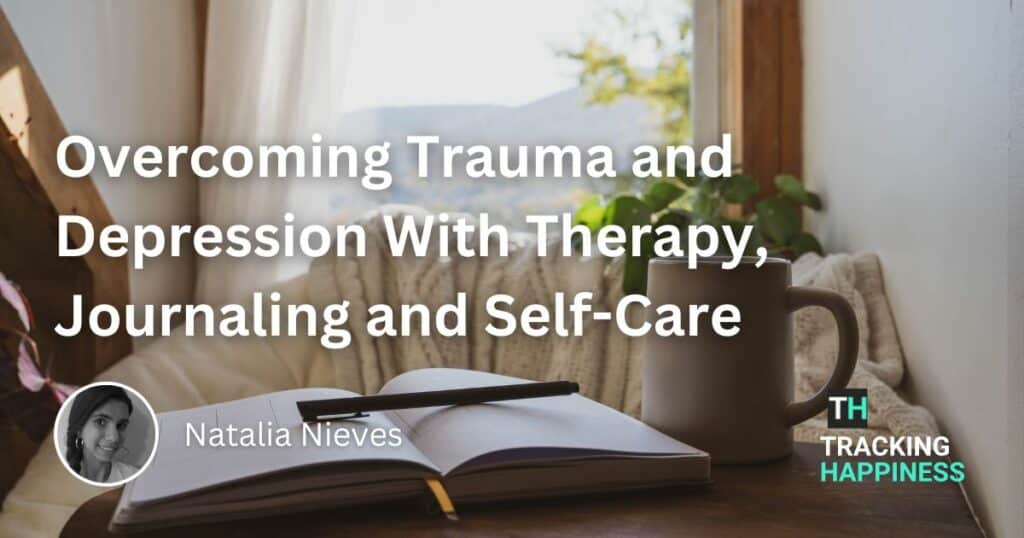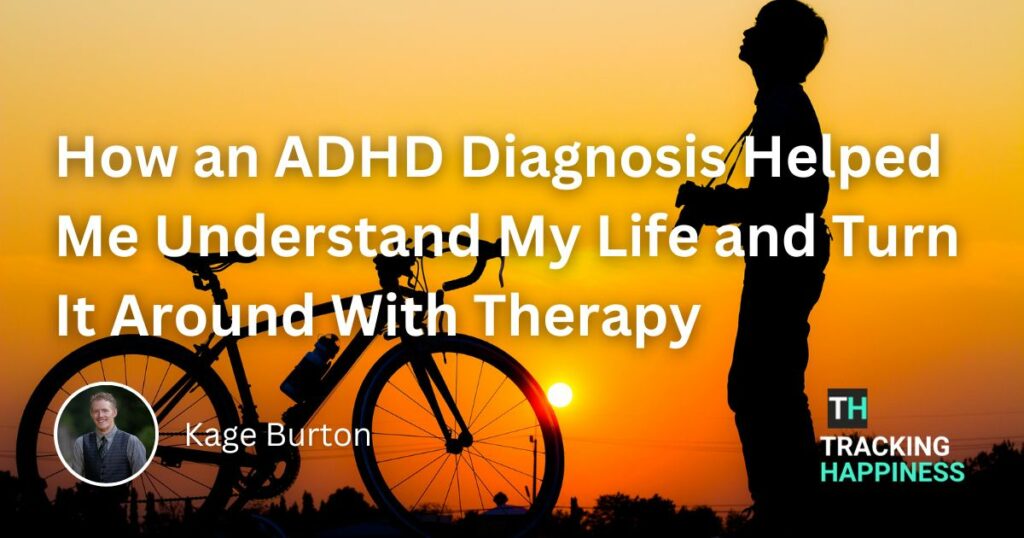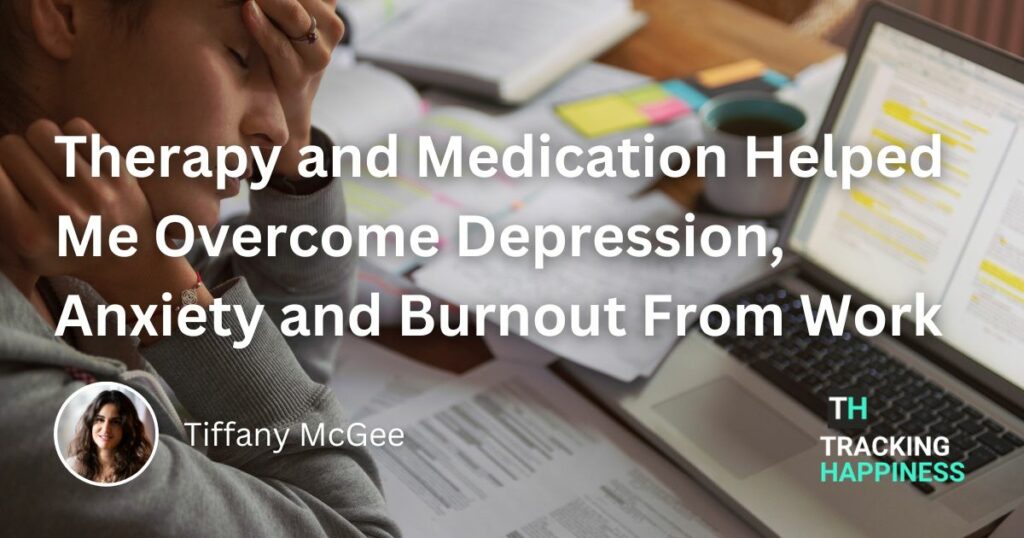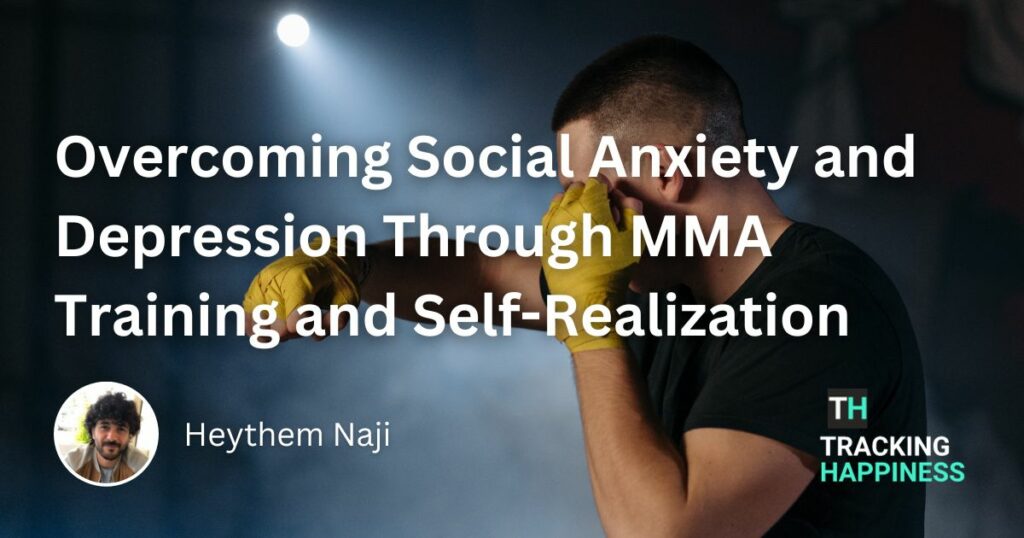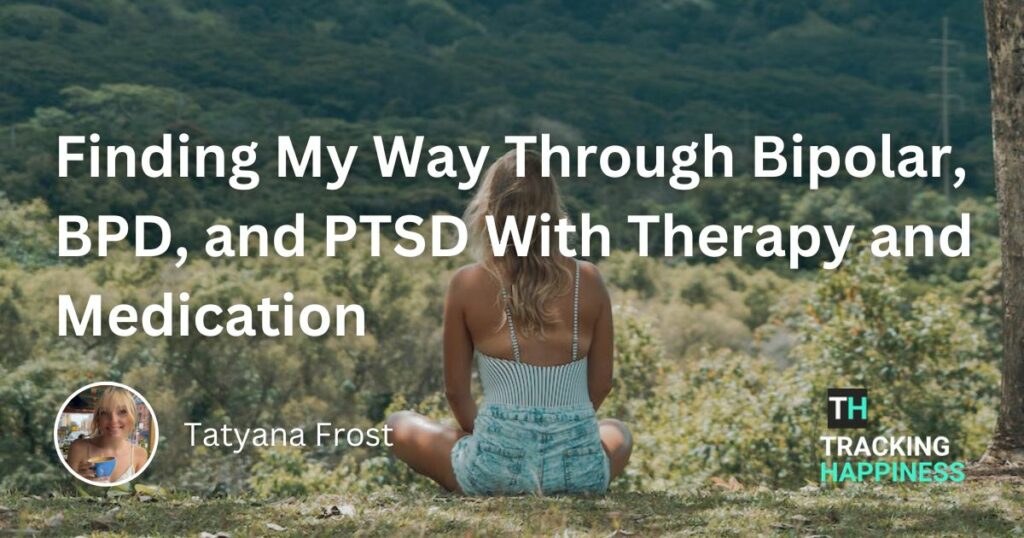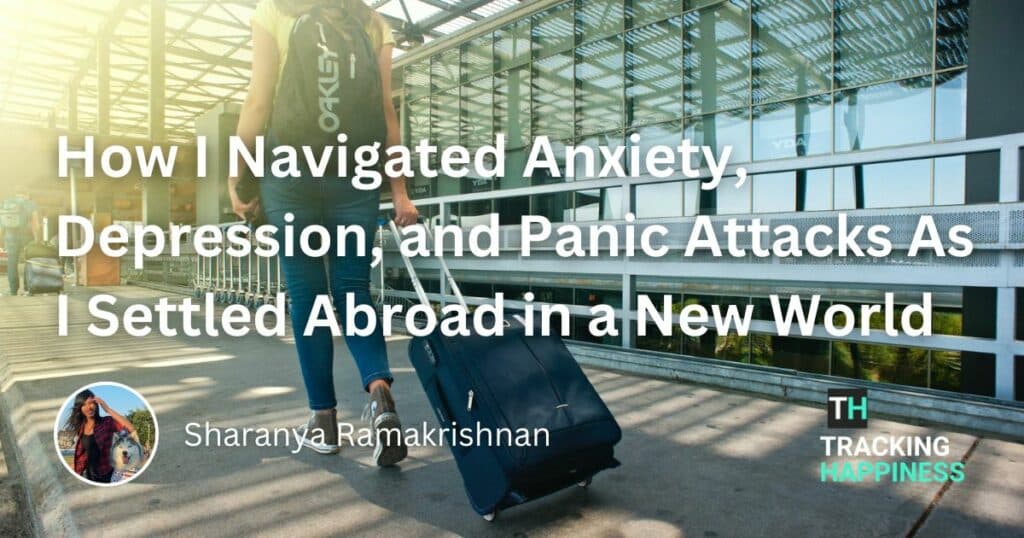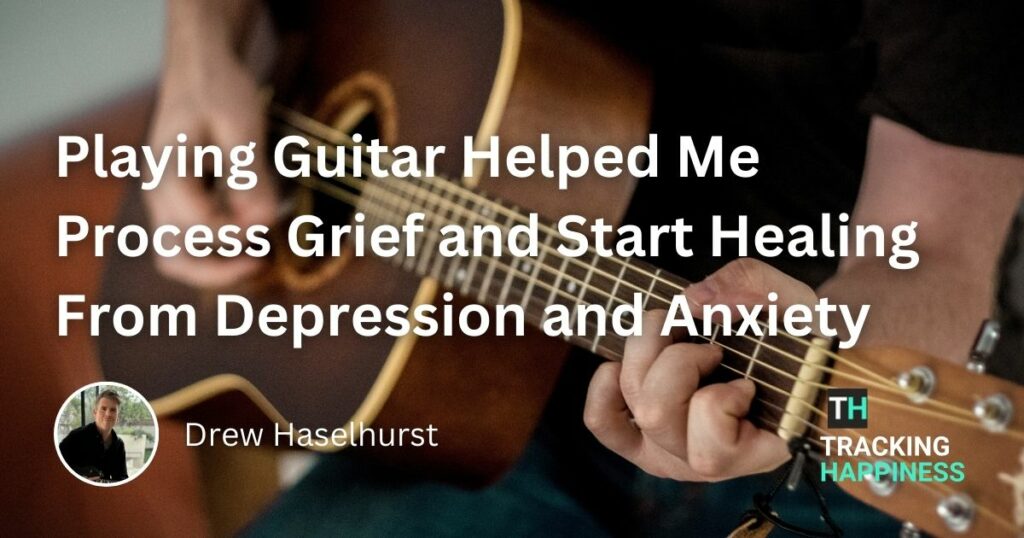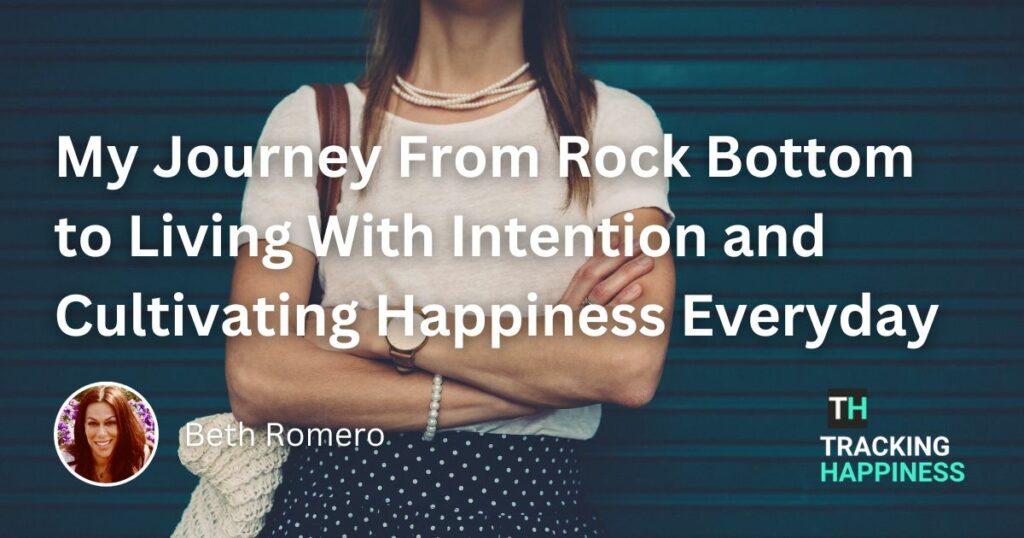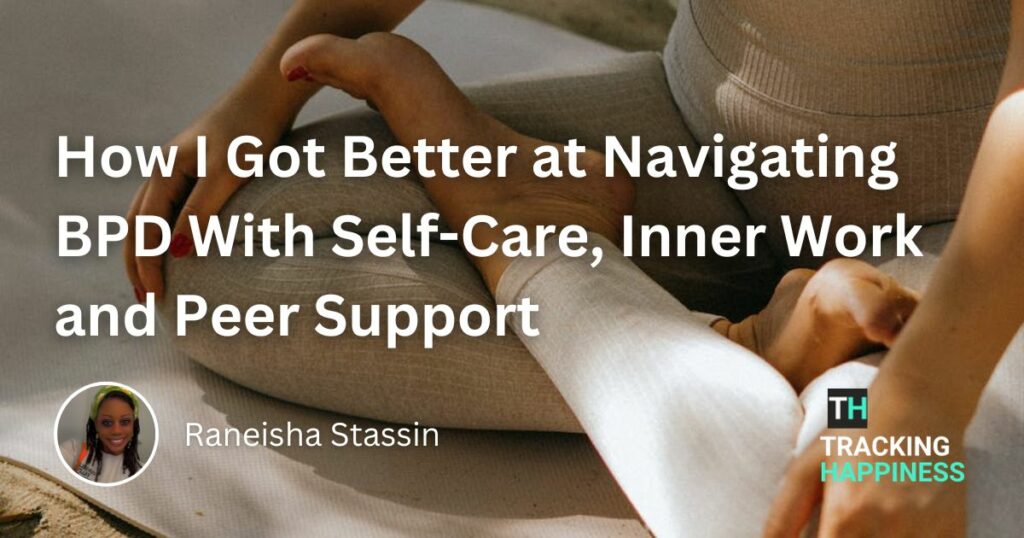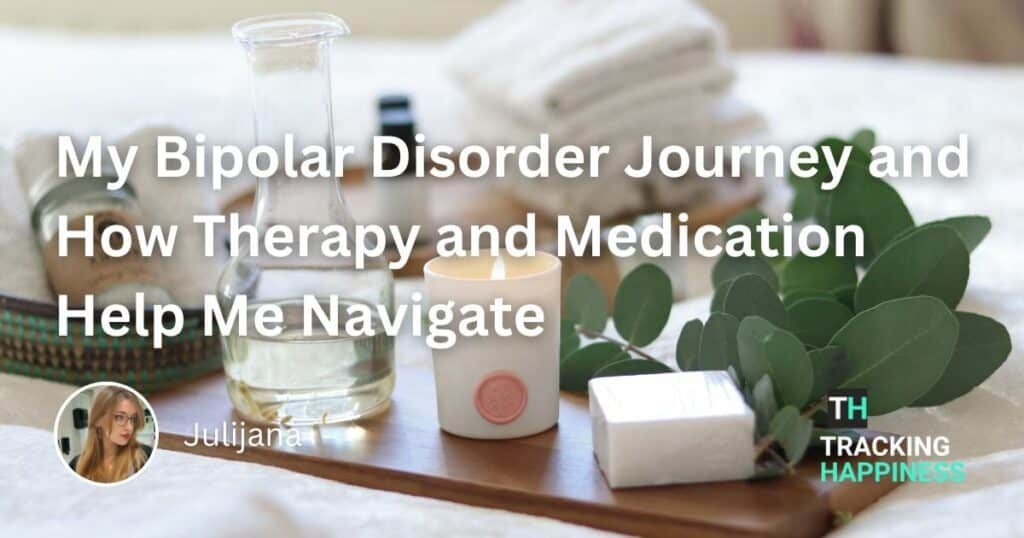
My Bipolar Disorder Journey and How Therapy and Medication Help Me Navigate
“I wish I knew that I was worthy of the treatment and that everything I felt was valid. Because it is, no one is the same. Even with the same condition, we are all different.
I was scared of what was happening to me. I was full of hatred, sadness, guilt, disappointment in the world, etc., but sometimes I still am! And that’s valid.”
Struggled with:
Bipolar Disorder
Depression
Hate
Suicidal

